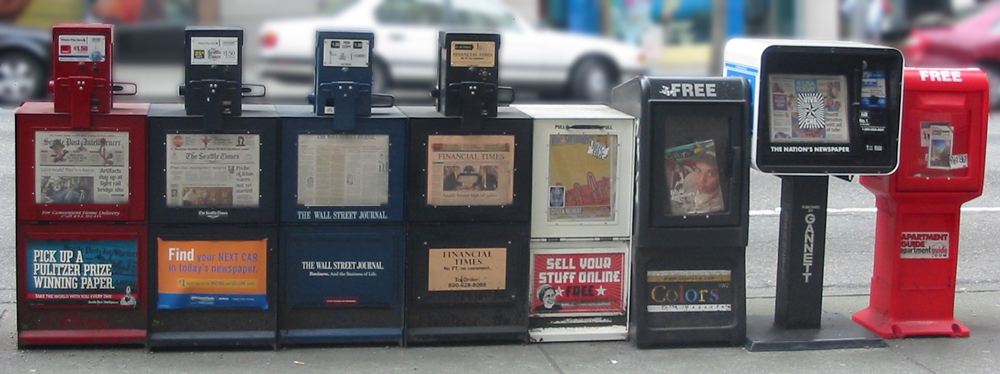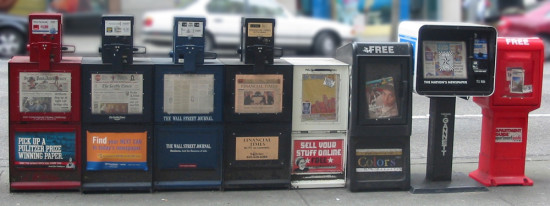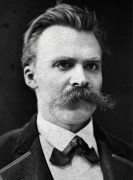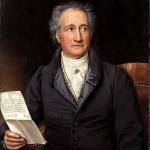You are moving too fast for a world that is round. Sooner or later you will catch up with yourself in a great rear-end collision. How much information do you need, and what are the repercussions? Are you prepared to know too much?
Mass communication fatigue is on the verge of becoming the newest public health crisis for a modern world anxious for news and overfed by a media willing to deliver information, the likes of which, you would never swallow were it food. “Once and for all, there is a great deal I do not want to know. Wisdom sets bounds even to knowledge.” When Friedrick Wilhelm Nietzsche wrote these words in 1888, he was not worried about CNN, faxes, e-mail, and hours surfing the Net. In a century that prided itself on the accumulation and classification of facts, Nietzsche’s concern was with what facts helped an individual live a full and productive life. Nietzsche knew that the sheer accumulation of facts would bring an individual no nearer to the good life.
Expressing a similar reaction, Johann Wolfgang von Goethe confessed, “I hate everything that merely instructs me without augmenting or directly invigorating my activity.” Goethe, likewise, had a problem with too much information. One hundred years before Nietzsche, Goethe expressed his reservation about the growing influence of the press. Goethe protested, “I must hold it the greatest calamity of our time, which lets nothing come to maturity, that one moment is consumed by the next. Have we not already newspapers for every hour of the day!” Ironic, but today a weekday edition of The New York Times contains more information than the average person was likely to come across in a lifetime in 17th century England.
If you adjust for style, Goethe could be referring to Entertainment Tonight, The Enquirer, or a variety of social news sites. Admittedly, the amount of information you absorb in a typical day by turning on a television, paging through a newspaper and going on-line is by anyone’s standards, a virtual avalanche of potential useless facts. Concerned as they were two centuries ago that wisdom must set limits to knowledge in order to foster a vital, creative life, how much more urgent their recommendation would be today in sheltering you from the hourly carpet bombing of your senses in the name of news and information.
The information age is not solely an information explosion, but an access revolution due to advances in the technology of transmitting and storage of information. Two contributors have ushered in the present health crisis I have termed Mass Communication Fatigue Syndrome, information overload and information chaos.
 Information overload happens when your cognitive space is flooded with information glut. After the mind swallows enough factoids, it finds it difficult to discriminate between useful, useless and harmful information. You then enter a dimension of cognitive agreement in which the boundaries of discrimination collapse, where you are liable to accept any statement of presumed fact as valuable knowledge. The wheat is buried in the chaff. As discrimination dwindles, the obsession with information increases, yet its value decreases. When this goes on long enough, you enter the next stage.
Information overload happens when your cognitive space is flooded with information glut. After the mind swallows enough factoids, it finds it difficult to discriminate between useful, useless and harmful information. You then enter a dimension of cognitive agreement in which the boundaries of discrimination collapse, where you are liable to accept any statement of presumed fact as valuable knowledge. The wheat is buried in the chaff. As discrimination dwindles, the obsession with information increases, yet its value decreases. When this goes on long enough, you enter the next stage.
Information chaos is essentially a condition of context less facts. I’ve always taught everything makes sense in a context. Information chaos occurs when the context is lost or thought irrelevant. Information is no longer fixed in place by the gravity of a recognizable standard of morality, but instead finds support in massing information as though quantity equated to quality. Believing such, you enter a world in which everything is relevant.
Wisdom, that which sets limits even to knowledge, is the capacity to judge among competing interests, to understand the difference between information and meaning, between trivia and relevance. As news becomes increasing more graphic, you must decide between what you need to know and what you are better off not knowing. If you want to control images before they crowd your mind, you’ll have to set limits on the amount of mental junk mail you consume at the alter of “staying abreast.”




